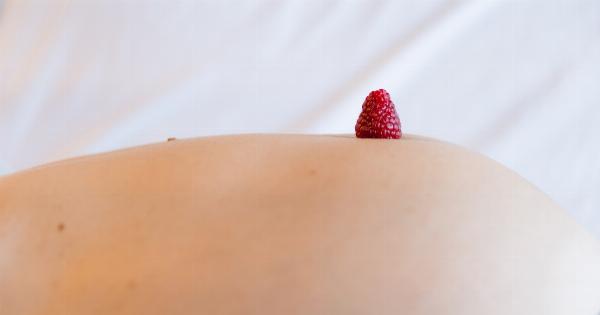Stevia is a natural sweetener that has gained popularity in recent years as a healthier alternative to sugar.
Made from the leaves of the stevia plant, it has virtually no calories and does not cause a spike in blood sugar levels like regular sugar does. However, like any other food or ingredient, stevia has its own positives and negatives. In this article, we will explore both sides of the coin and help you make an informed decision about whether stevia is right for you.
The Positives of Using Stevia
1. Zero Calories: One of the biggest advantages of using stevia as a sugar substitute is its zero-calorie content. This makes it an ideal choice for individuals who are trying to lose weight or maintain a healthy weight.
Unlike sugar, which is high in calories and contributes to weight gain, stevia allows you to satisfy your sweet tooth without the added calories.
2. Diabetic-Friendly: Stevia is considered a safe alternative for individuals with diabetes. Unlike sugar, stevia does not raise blood sugar levels, making it a suitable sweetener for those who need to regulate their blood glucose levels.
It provides a sweet taste without impacting insulin levels, making it a perfect choice for people with diabetes or those at risk of developing the condition.
3. Natural Source: Stevia is a plant-based sweetener derived from the leaves of the stevia plant. It is not an artificial sweetener like aspartame or sucralose.
This makes it an appealing option for individuals who prefer natural and plant-based alternatives to artificial additives.
4. Tooth-Friendly: Unlike sugar, which contributes to tooth decay and cavities, stevia is non-cariogenic. This means that it does not promote the growth of harmful bacteria in the mouth, reducing the risk of dental issues.
Choosing stevia as a sugar substitute can be beneficial for your oral health.
5. Suitable for Low-Carb Diets: Stevia is an excellent choice for individuals following low-carb or keto diets. It does not contain any carbohydrates, which makes it a preferred sweetener for those who are restricting their carb intake.
By using stevia, you can still enjoy sweet flavors while sticking to your diet plan.
The Negatives of Using Stevia
1. Aftertaste: One common complaint about stevia is its aftertaste. Some people find that stevia can leave a bitter or licorice-like aftertaste, especially in larger quantities.
However, this can vary depending on the brand and the individual’s taste buds. If you are sensitive to the aftertaste, you may need to experiment with different brands or find alternative sweeteners.
2. Processing Methods: While stevia itself comes from a natural source, the commercial production of stevia involves extensive processing.
To extract a concentrated form of stevia, manufacturers often use chemicals and solvents, which some people may find concerning. However, there are also minimally processed or organic stevia options available, which can be a better choice for those seeking a more natural product.
3. Availability: Although stevia has gained popularity in recent years, it may still be harder to find compared to other sweeteners.
While most grocery stores now stock stevia products, it may not be as readily available as sugar or other artificial sweeteners. This can be a limitation, especially if you prefer to have easy access to your sweetener of choice.
4. Texture and Cooking Properties: Stevia does not have the same texture or bulk as sugar, which can affect the outcome of certain recipes. Sugar not only sweetens but also provides structure, moisture, and browning properties to baked goods.
When substituting stevia for sugar in baking, adjustment to the recipe may be required to achieve the desired texture and taste. It may take some trial and error to find the right balance when using stevia in cooking and baking.
5. Allergic Reactions: While extremely rare, some individuals may experience allergic reactions to stevia. If you have never consumed stevia before, it is recommended to start with small amounts and monitor your body’s response.
If you develop any adverse symptoms such as itching, rash, or difficulty breathing, discontinue use and seek medical attention.
Conclusion
Stevia offers several benefits as a sugar substitute, including zero calories, diabetic-friendly properties, and a natural source. It can be a suitable option for individuals looking to reduce their sugar intake or manage their blood sugar levels.
However, the aftertaste, processing methods, availability, texture, and potential allergic reactions should also be considered before incorporating stevia into your diet. It is best to consult with a healthcare professional or registered dietitian to determine if stevia is the right choice for your specific needs.





























